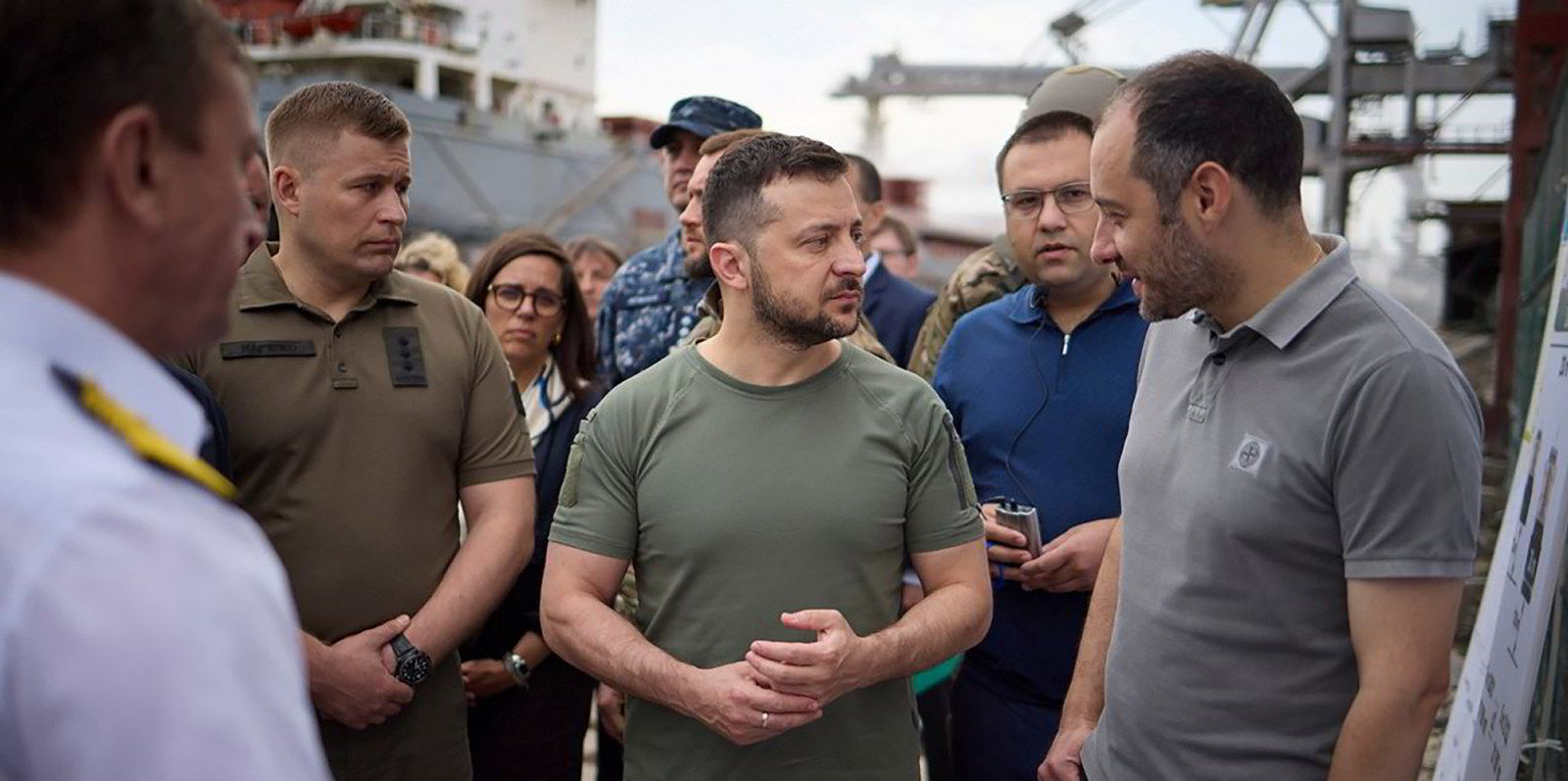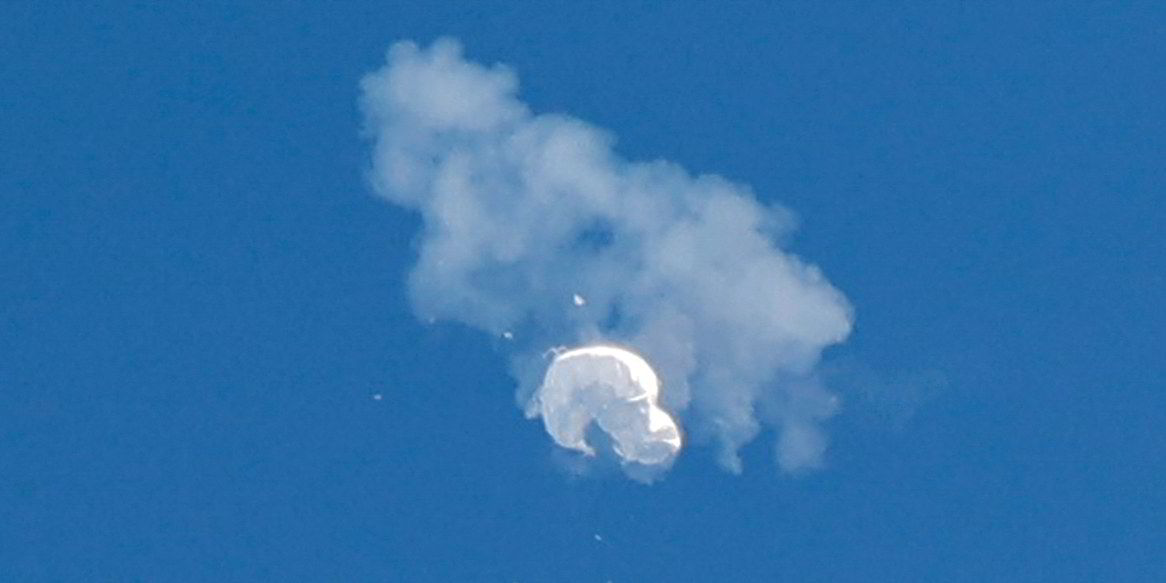Wars are bad for soldiers who fight in them, civilians caught up in them and a world brutalised by the needless violence. But they can be good for tanker owners. That’s a macabre way to note the first anniversary of Russia’s invasion of Ukraine, but record freight rates are part of the wider picture.
While the world mourns 7,000 civilian deaths from the conflict and the media focused on US President Joe Biden’s historic visit to Kyiv this week, charterers are struggling to keep oil shipments moving.
The military carnage looks likely to continue, with no sign that Russian President Vladimir Putin will pull back or that Ukraine’s Volodymyr Zelenskyy will give up. Biden says he will support Ukraine for “as long as it takes” and Putin is pulling out of nuclear arms treaties.
The conditions under which the tanker shipping market has surged upwards also look set to go on — at least during 2023.
This sector has just set a benchmark by averaging $40,000-per-day hire rates for its longest-ever period, according to Clarksons Research.
The eight-month continual upswing follows a dismal period in which earnings had slumped to multi-decade lows.
Disruption to normal trading patterns around the Black Sea is at the heart of the tanker boom.
A sanctions regime against Russian crude and oil products has forced importers to find alternative supplies in places such as South America and West Africa.
This in turn has increased shipping tonne-miles, sending freight rates skywards — even though the Dutch foreign minister this week said that sanctions are being evaded on a massive scale.
The development of a “dark fleet” working specifically on sanctioned Russian, Iranian and Venezuelan oil exports has further reduced the supply of the legitimate fleet.

Other factors are in play, of course, not least fear of shipping supply capacity with the tanker orderbook slumped to only 4% of the existing fleet.
A surge in the purchase of secondhand tonnage has sent the price of old ships up at its fastest rate since 2008 — the height of the last shipping bonanza. And it’s about product tankers as well as crude carriers.
War premium
Clarksons reports that clean product tankers have had their best 12 months ever, with earnings 170% higher than the 10-year average.
There has been no such “war premium” for dry bulk; the Baltic Dry Index has lurched from its 5,545-point high 16 months ago to 552 points this week.
The index has basically halved in the 12 months since Russian tanks poured over its neighbour’s border, bringing enormous disruption to grain ports in Ukraine.
The safe shipping corridor deal — the Black Sea Grain Initiative — brokered last July by the United Nations ends in mid-March.
Talks about introducing a replacement deal are poised to start in the next few days, at a time when there is a growing queue of vessels — up 50% in January.
More than 150 bulkers are tied up in the waters around Turkey waiting to be inspected by teams from Turkey, Russia, Ukraine and the UN to ensure they are carrying agricultural products, not weapons.
‘Breadbasket of the world’
Washington and Kyiv claim that Moscow’s staff are deliberately working slowly to disrupt revenue-generating exports from Ukraine, often dubbed the “breadbasket of the world”.
There has been a serious drop-off in wheat and corn exports over recent weeks, bringing concerns to countries such as Somalia that depend on them.
The hold-up of ships has done little to improve the overall fortunes of the bulk sector, although broker Fearnleys expects a prolonged trading upturn, perhaps beginning in the third quarter of 2023.
This has nothing to do with the war in Ukraine and more to do with the orderbook petering out.
Meanwhile, more than 60 vessels and their 331 seafarers have been trapped in nine Ukrainian ports, bringing calls from the International Chamber of Shipping and others to the UN for help to get them out.
Given that some of these crews will have already been hit by past Covid lockdowns, it’s tough for them and ultimately a grim anniversary for everyone — even tanker owners.





